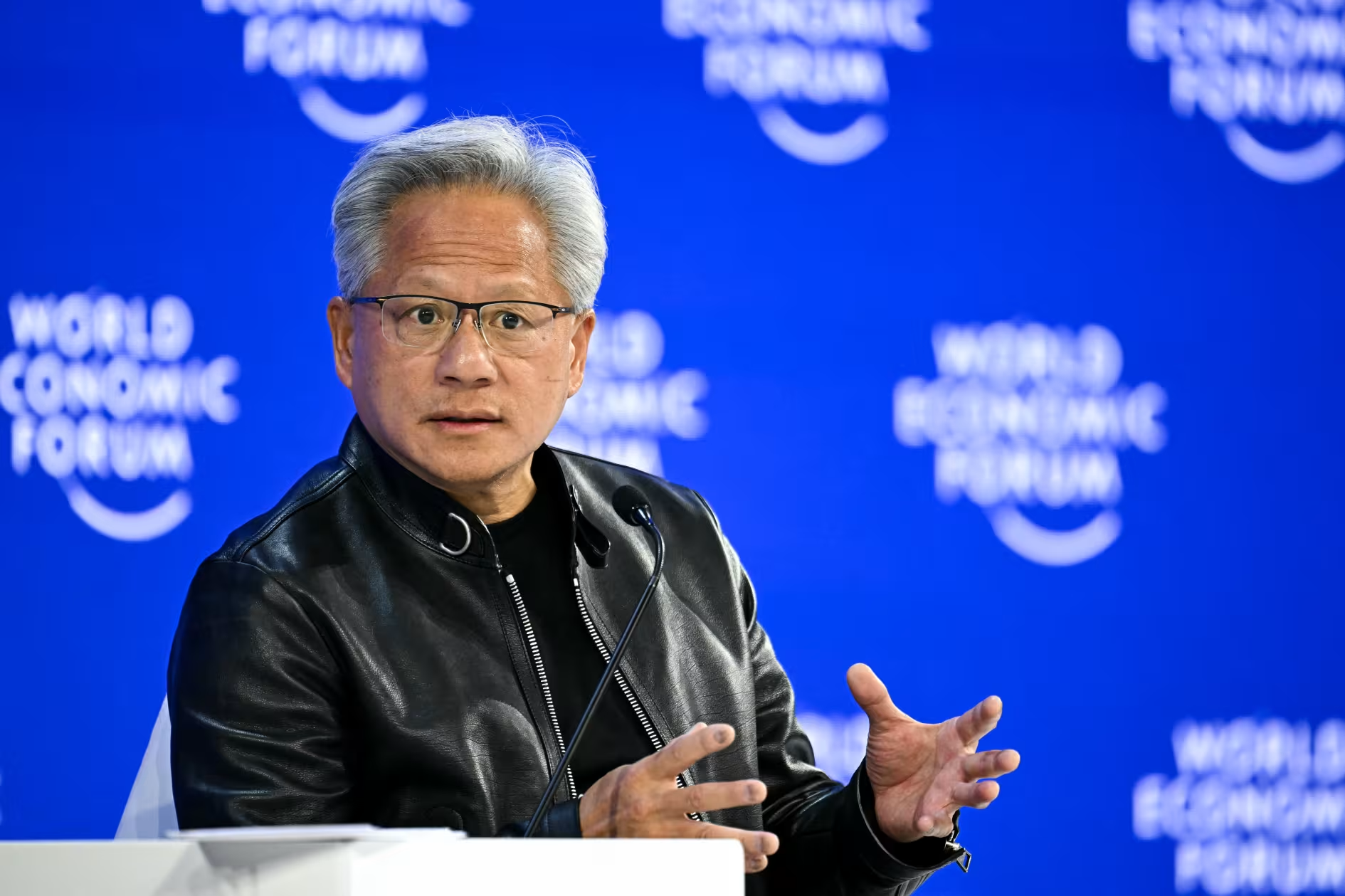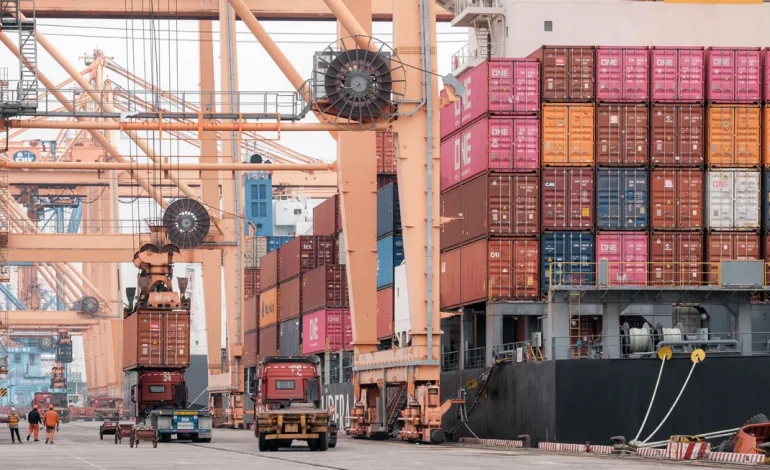Vietnam has announced tariff reductions on key US imports, including liquefied natural gas (LNG) and automobiles, while also approving SpaceX’s Starlink satellite internet service on a trial basis.
These moves come as the country seeks to ease trade tensions with Washington and avoid potential tariffs from US President Donald Trump.
Vietnam’s trade surplus with the US reached $123 billion last year, prompting concerns over possible tariff measures from Washington. In response, the country has introduced several measures to boost imports and improve trade balances.
According to Nguyen Quoc Hung, head of the Finance Ministry’s tax policy department, Vietnam will implement the following tariff reductions:
LNG: Reduced from 5% to 2%
Automobiles: Lowered from a range of 45%-64% to 32%
Ethanol: Cut from 10% to 5%
Ethane: Tariffs to be completely removed
Additionally, Vietnam will reduce duties on other US imports such as chicken thighs, almonds, apples, cherries, and wooden products. The decree finalizing these cuts is expected to take effect later this month.
While Vietnam has not yet imported LNG from the US, it has been in discussions with American suppliers for future LNG power plants, with the first two expected to begin operations by June 2024.
Alongside its tariff adjustments, the Vietnamese government has granted SpaceX approval to introduce its Starlink satellite internet service on a trial basis. The trial period will last until 2030, with no foreign ownership restrictions on the service.
The approval allows Starlink to offer both fixed and mobile internet services across Vietnam, including connectivity for in-flight services. However, the government has capped the number of subscribers at 600,000 during the trial phase.
Analysts see the Starlink approval as part of Vietnam’s broader strategy to maintain strong economic ties with the US and avoid trade penalties.
President Trump is expected to announce reciprocal tariffs on multiple countries on April 2. However, he recently indicated that some nations may receive exemptions. Vietnam’s recent policy changes could be an effort to secure such an exemption and maintain its favorable trade relationship with the US.










The latest news in your social feeds
Subscribe to our social media platforms to stay tuned